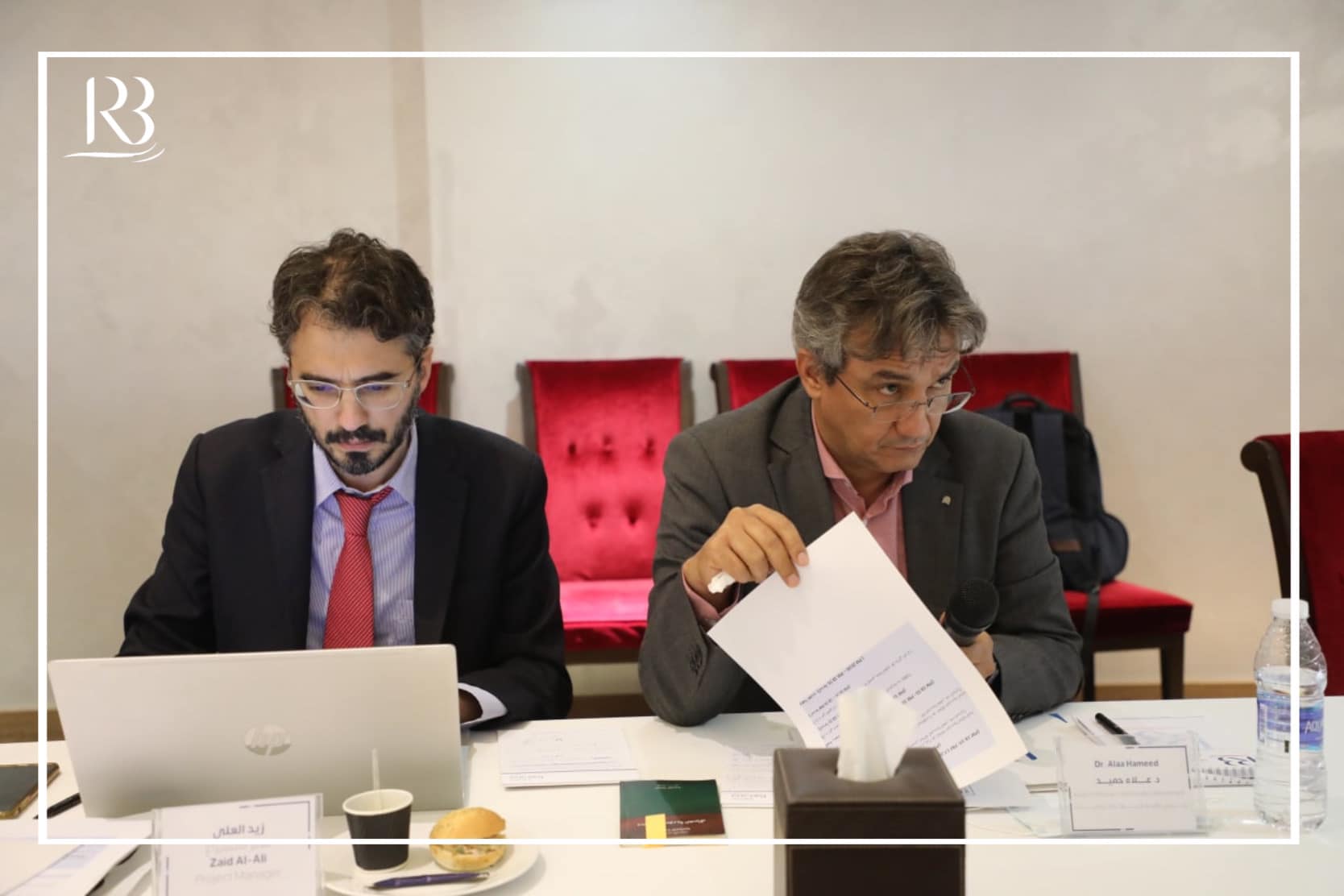 2022 / 14 / Aug
2022 / 14 / Aug
Within the project to evaluate the performance of the Iraqi constitution for the year 2005, and in the presence of political, academic, religious, and cultural elites, Rewaq Baghdad Center for Public Policy held the first dialogue session, which dealt with talking about “the parliamentary system in Iraq, reality and ambition,,, visions of the possibility of reform,” where it discussed through three axes the possibility of the success of the parliamentary system. In Iraq, what can be done to mitigate its negative aspects constitutionally? In addition to discussing the issue of federalism and decentralization in Iraq, what are the principles on which the relationship between Baghdad and Erbil should be based? Is the current institutional relationship based on those principles? How can they be improved to reflect sound positive principles within a constructive constitutional framework? The symposium also discussed, through a third axis, the nature of the relationship between the individual and the state and what is the state’s responsibility towards the citizen? Has this responsibility been fulfilled since 2005 until now? What are the institutional changes that must be made to improve the protection of individual rights in Iraq? It is noteworthy that the project to evaluate the performance of the Iraqi constitution for the year 2005 is being carried out in cooperation and partnership between the Baghdad Rawaq Center for Public Policy and the IDEA Foundation for Democracy and International Elections.